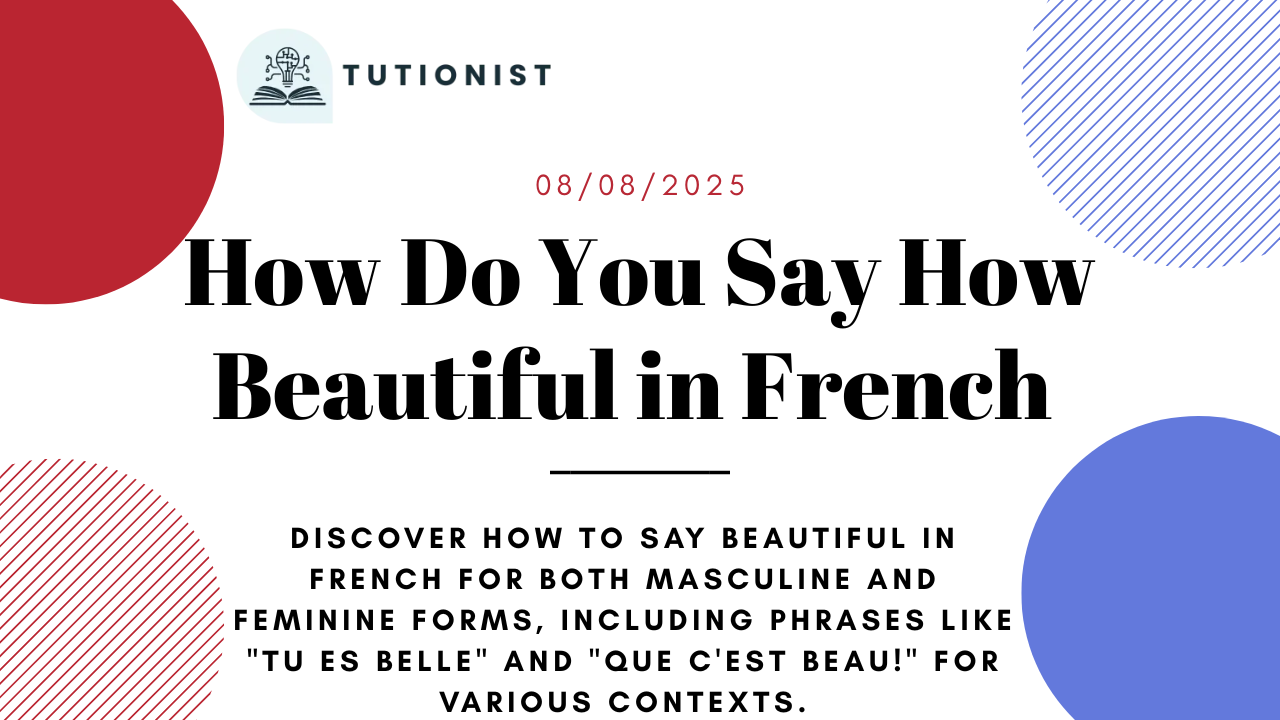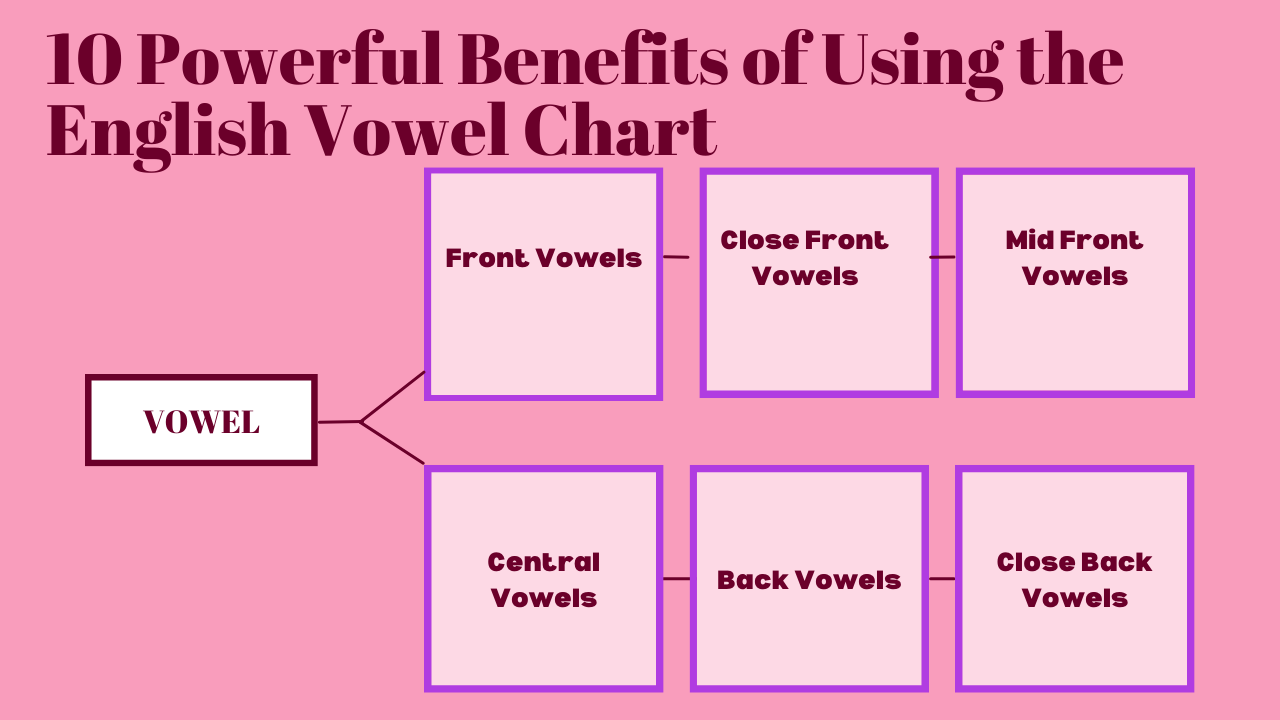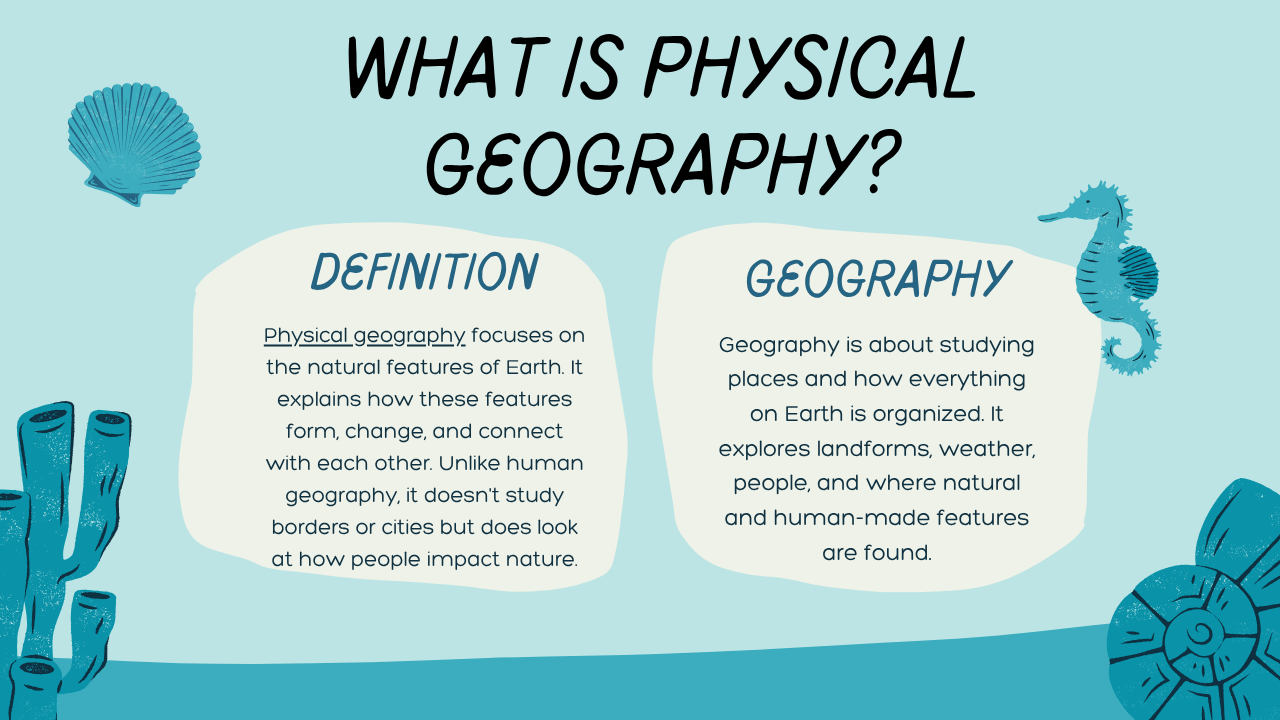Learning to express beauty in French opens up a world of romantic expression and cultural appreciation. Whether you’re planning a trip to Paris, studying French literature, or simply want to impress someone special, knowing how to say “how beautiful” in French is essential for any language enthusiast.
The most common and heartfelt way to say it is “Que c’est beau !”—a phrase that captures awe and admiration in just three words. But French, with its lyrical tones and emotional depth, offers many other charming alternatives to suit the moment. French language learner.
The most common way to say “how beautiful” in French is “Comme c’est beau!” (pronounced: kum say BO), but French offers numerous nuanced expressions to convey beauty depending on context, gender, and level of admiration. In this comprehensive guide, we’ll explore all the ways to express beauty in French, complete with pronunciation guides, cultural context, and practical usage examples.
The Basic Translation: “Comme c’est beau!”
The standard translation for “how beautiful” in French is “Comme c’est beau!” This versatile expression works in most situations and is appropriate for describing objects, places, or general beauty.
Breakdown:
- Comme (kum) = How
- c’est (say) = it is
- beau (BO) = beautiful (masculine form)
This phrase is gender-neutral and works when you’re referring to something in general terms or when the gender of the subject isn’t specified.
Gender Matters: Beau vs. Belle
This fundamental rule affects how you express beauty:
For masculine subjects:
- “Comme il est beau!” (kum eel ay BO) – How beautiful he is!
- “Comme c’est beau!” (kum say BO) – How beautiful it is! (for masculine objects)
For feminine subjects:
- “Comme elle est belle!” (kum ell ay BELL) – How beautiful she is!
- “Comme c’est belle!” (kum say BELL) – How beautiful it is! (for feminine objects)
Understanding French grammar rules like gender agreement is crucial for speaking accurately and naturally.
Alternative Ways to Say “How Beautiful” in French
French offers a rich vocabulary to express different degrees and types of beauty:
1. Que c’est beau/belle!
Pronunciation: kuh say BO/BELL Meaning: How beautiful it is! Usage: More emphatic than “comme c’est beau”
2. Qu’est-ce que c’est beau/belle!
Pronunciation: kess kuh say BO/BELL Meaning: How beautiful it is! (very emphatic) Usage: Express strong admiration
3. C’est magnifique!
Pronunciation: say man-yee-FEEK Meaning: It’s magnificent! Usage: For breathtaking beauty
4. C’est splendide!
Pronunciation: say splen-DEED Meaning: It’s splendid! Usage: Formal, elegant contexts
5. C’est ravissant!
Pronunciation: say rah-vee-SAHN Meaning: It’s lovely/charming! Usage: For delicate, charming beauty
Ready to master French pronunciation and speak with confidence? Connect with expert French tutors who can help you perfect your accent and grammar.
Context-Specific Expressions
For People
When complimenting people, the French offer specific expressions:
For women:
- “Comme tu es belle!” – How beautiful you are! (informal)
- “Comme vous êtes belle!” – How beautiful you are! (formal)
- “Tu es ravissante!” – You’re lovely!
For men:
- “Comme tu es beau!” – How handsome you are! (informal)
- “Comme vous êtes beau!” – How handsome you are! (formal)
- “Il est très séduisant!” – He’s very attractive!
For Places and Scenery
- “Quel beau paysage!” (kel BO pay-ee-SAHZH) – What a beautiful landscape!
- “Cette vue est magnifique!” – This view is magnificent!
- “Paris est une belle ville!” – Paris is a beautiful city!
For Objects and Art
- “Quelle belle œuvre d’art!” – What a beautiful work of art!
- “Cette robe est superbe!” – This dress is superb!
- “Ce tableau est magnifique!” – This painting is magnificent!
Regional Variations and Slang
Different French-speaking regions have unique expressions for beauty:
Quebec French
- “C’est donc bien beau!” – That’s really beautiful! (very casual)
- “C’est à couper le souffle!” – It’s breathtaking!
Belgian French
- “C’est chouette!” – It’s nice/cool! (informal)
Swiss French
- Similar to standard French with some local vocabulary variations
Understanding these regional differences enhances your French conversation skills and cultural awareness.
Pronunciation Tips for Perfect French
Mastering French pronunciation is crucial for expressing beauty authentically:
Key Sound Rules:
- Silent letters: Many French words end in silent consonants
- Nasal sounds: French has distinct nasal vowels
- Liaison: Connecting words in fluid speech
- Stress patterns: French words typically stress the final syllable
Common Pronunciation Mistakes:
- Pronouncing the final ‘t’ in “beau” (it’s silent)
- Missing the nasal quality in “magnifique”
- Incorrect stress placement
According to the Alliance Française, proper pronunciation significantly impacts comprehension and communication effectiveness.
Cultural Context: When and How to Use These Expressions
French culture values elegance and appropriateness in language use:
Formal Situations:
- Use “C’est magnifique” or “C’est splendide”
- Employ formal “vous” forms when addressing others
- Choose sophisticated vocabulary
Informal Situations:
- “Comme c’est beau!” works perfectly
- Use “tu” forms with friends and family
- More casual expressions are acceptable
Professional Settings:
- Stick to neutral expressions like “C’est très beau.”
- Avoid overly emotional language
- Consider context and relationships
Learning French Beauty Expressions Effectively
Memory Techniques:
- Association: Link expressions with visual imagery
- Repetition: Practice daily with different contexts
- Immersion: Watch French films, noting beauty expressions
- Conversation practice: Use expressions in real dialogue
Practice Exercises:
- Describe photos using different beauty expressions
- Practice gender agreement with various nouns
- Role-play compliment scenarios
- Listen to French media noting natural usage
Transform your French learning journey with personalized instruction that focuses on real-world communication skills and cultural fluency.
Common Mistakes to Avoid
Grammar Errors:
- Forgetting gender agreement: “elle est beau” ❌ should be “elle est belle” ✅
- Wrong pronoun usage: mixing formal and informal registers
- Literal translations from English
Pronunciation Errors:
- Pronouncing silent letters
- Missing French accent patterns
- Incorrect nasal sound production
Cultural Missteps:
- Using overly familiar expressions in formal settings
- Inappropriate compliments in professional contexts
- Missing regional nuances
Advanced Beauty Expressions for Fluent Speakers
Once you master basic expressions, explore sophisticated vocabulary:
Literary Expressions:
- “D’une beauté saisissante” – Of striking beauty
- “Une beauté à couper le souffle” – Breathtaking beauty
- “D’une rare beauté” – Of rare beauty
Poetic Language:
- “Comme un rayon de soleil” – Like a ray of sunshine
- “Belle comme un cœur” – Beautiful as a heart
- “Une beauté divine” – Divine beauty
Art and Architecture:
- “Un chef-d’œuvre architectural” – An architectural masterpiece
- “D’une élégance raffinée” – Of refined elegance
- “Un style époustouflant” – A stunning style
Building Your French Vocabulary Beyond Beauty
Expanding your French vocabulary requires systematic learning:
Related Adjectives:
- Joli(e) – Pretty
- Charmant(e) – Charming
- Élégant(e) – Elegant
- Gracieux/gracieuse – Graceful
- Éblouissant(e) – Dazzling
Intensity Modifiers:
- Très – Very
- Extrêmement – Extremely
- Particulièrement – Particularly
- Vraiment – Really
- Incroyablement – Incredibly
According to research from the French Ministry of Education, vocabulary acquisition accelerates when learners focus on thematic groups and contextual usage.
The Role of Body Language and Intonation
French communication extends beyond words:
Facial Expressions:
- Raised eyebrows for emphasis
- Gentle smile when complimenting
- Appropriate eye contact
Hand Gestures:
- French speakers use expressive hand movements
- Subtle gestures enhance meaning
- Cultural appropriateness matters
Intonation Patterns:
- Rising intonation for emphasis
- Falling patterns for statements
- Emotional coloring in beauty expressions
Conclusion
Mastering how to say “how beautiful” in French enriches your language skills and cultural understanding. From the basic “Comme c’est beau!” to sophisticated literary expressions, French offers countless ways to express admiration and beauty.
Remember that effective French communication combines proper grammar, accurate pronunciation, cultural awareness, and appropriate context usage. Whether you’re complimenting a friend, describing a sunset in Provence, or admiring art in the Louvre, these expressions will help you communicate with elegance and authenticity.
Cultural immersion and understanding the nuances that make French such a beautiful language. Start with the basics, gradually incorporate more sophisticated vocabulary, and always consider your audience and context.
Ready to speak French with confidence and cultural fluency? Discover personalized French lessons at Tutionist.com, where expert tutors help you master not just the language but the art of French expression.
### How do you pronounce “Comme c’est beau” correctly?
“Comme c’est beau” is pronounced “kum say BO.” The key points are: “Comme” has a short ‘u’ sound like in “put,” “c’est” sounds like “say” with a soft ‘s,’ and “beau” ends with a long ‘o sound while the final ‘u’ is silent. Practice linking the words smoothly for natural flow.
### What’s the difference between “beau” and “belle”?
“Beau” is the masculine form of beautiful, used with masculine nouns or when referring to men. “Belle” is the feminine form, used with feminine nouns or when referring to women. For example: “Il est beau” (He is handsome) vs. “Elle est belle” (She is beautiful). This gender agreement is fundamental in French grammar.
### Can I use “C’est magnifique” in casual conversation?
Yes, “C’est magnifique” works well in both casual and formal situations. It’s slightly more emphatic than “C’est beau” and conveys stronger admiration. It’s perfect for expressing genuine amazement about something truly impressive, whether you’re talking to friends or in more formal settings.
### How do I compliment someone’s appearance in French politely?
For polite compliments, use: “Vous êtes très élégant(e)” (You look very elegant), “Vous avez l’air magnifique” (You look magnificent), or “Cette couleur vous va très bien” (That color suits you very well). These expressions are respectful and appropriate in most social contexts.
### Are there regional differences in expressing beauty in French?
Yes, French-speaking regions have variations. Quebec French might use “C’est donc beau!” for emphasis, while Belgian French includes “C’est chouette!” for casual appreciation. However, standard French expressions like “Comme c’est beau” are understood and appropriate everywhere French is spoken.






